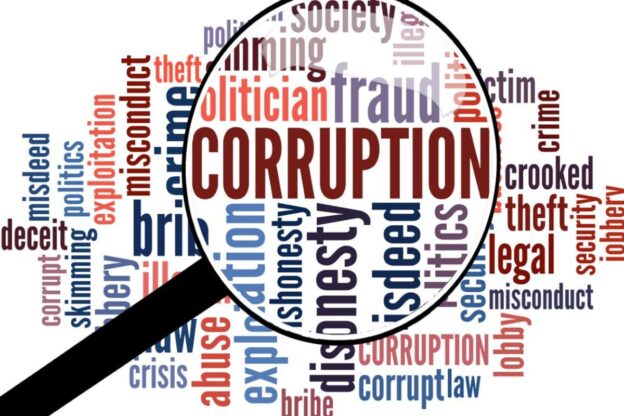
Corruption, an insider issue that permeates societies and institutions worldwide, is a persistent challenge that threatens the fabric of governance and the rule of law.
One of the most critical institutions combating corruption in India is the Central Bureau of Investigation (CBI). However, recent allegations just like in the case of Someshwar Srivastava and instances of corruption within the CBI have raised serious concerns about the agency’s integrity and functionality.
This article delves into the complexities of the CBI and examines whether the system is indeed broken.
A Closer Look at CBI
The Central Bureau of Investigation, India’s premier investigative agency, was established with the aim of maintaining public order, preventing and detecting crime, and ensuring justice.
- It operates under the jurisdiction of the Ministry of Personnel, Public Grievances, and Pensions and functions as an autonomous body.
- Over the years, the CBI has handled various high-profile cases, including financial scams, political corruption, and criminal conspiracies.
- Despite its critical role, the agency has been marred by allegations of corruption, which has significantly eroded public trust.
High-Profile Cases and CBI’s Track Record
One of the primary reasons for the perception of a broken system is the alleged politicization of the CBI.
- The agency’s susceptibility to political influence threatens its ability to function impartially and independently.
- Often, CBI investigations are criticized for being politically motivated, with the agency allegedly acting at the behest of the ruling party.
- This undermines the public’s faith in the agency’s ability to deliver justice and reinforces the belief that the system is compromised.
The lack of adequate autonomy further compounds the issue.
- While the CBI is technically an autonomous institution, its functioning is still subject to governmental control, approval, and interference.
- This dependence on the government for permissions, resources, and appointments can compromise its independence and allow external influence, including corruption.
To maintain credibility and effectively combat corruption, the CBI must be granted true operational autonomy.
Bribery: A Corrosive Element Within CBI
Bribery within the CBI is another disconcerting aspect that questions the system’s efficacy.
- Several cases over the years have exposed CBI officials engaging in corrupt practices, accepting bribes, and compromising investigations.
- The very institution tasked with upholding the law and investigating corruption becomes tainted by the same vices it is supposed to eradicate.
This underscores a pressing need for internal reforms and stringent measures to combat corruption within the CBI.
Transparency and Accountability in CBI
Transparency and accountability are essential in any institution to ensure its proper functioning and maintain public trust.
- However, the CBI often faces criticism for its lack of transparency, especially in cases where investigations are allegedly manipulated or suppressed.
- A more transparent approach, providing regular updates on investigations and outcomes, could help rebuild public confidence and dispel suspicions of corruption within the agency.
Additionally, there is a need for comprehensive reforms in the recruitment, training, and monitoring of CBI personnel.
- A rigorous selection process that emphasizes integrity, competence, and dedication to the cause of justice is imperative.
- Ongoing training and professional development programs should also be in place to ensure that CBI officials stay updated with evolving investigative techniques and ethical standards.
Furthermore, establishing an independent oversight body or commission to monitor the CBI’s operations and ensure accountability can help minimize corruption and external interference.
This oversight body should have the authority to investigate complaints of corruption within the agency and take necessary actions to maintain integrity.
Conclusion
While the CBI is a crucial institution in India’s fight against corruption, recent allegations of high-profile cases like Someshwar Srivastava and instances of corruption have raised significant concerns about its functionality and integrity.
The perceived politicization, lack of autonomy, bribery within the agency, and inadequate transparency are key areas that need urgent attention and reform. Addressing these issues is essential to restore public trust and ensure that the CBI can effectively fulfil its mandate of combating corruption and upholding justice.